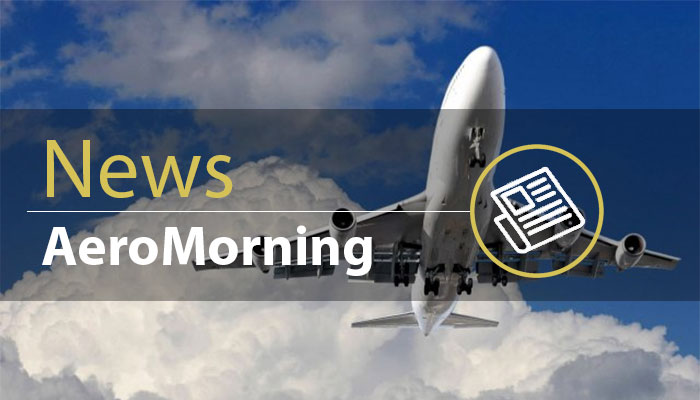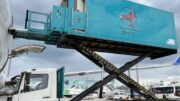With the ongoing pilot and cabin crew shortage, there is a strong competition among airlines to secure aviation professionals as quickly as possible. However, airlines might find it difficult to do so as the priorities of what pilots and cabin crew members look for have changed. The question that naturally arises – how to attract and retain aviation professionals?
Some believe that the current shortage of aviation professionals could persist for a decade, putting on even more pressure for airlines that are trying to deal with a lack of pilots and cabin crew. Alison Dsouza, Director of Aerviva Aviation Consultancy, a Dubai-based international consultancy, specializing in aviation recruitment and document management, notes that airlines and companies tend to make mistakes when looking for pilots and cabin crew to add on to their ranks.
“One of the common mistakes made is following incorrect selection processes. That causes frustration for both candidates and the companies themselves. The experienced irritation during the first vital steps can lead into negative perception later on and push aviation professionals look for better opportunities elsewhere. In addition, not offering the same compensation and benefits for all, and not being upfront about terms and conditions also are something that companies tend to do, which puts them in an unfavourable position. These are some of the things airlines and aviation companies should identify first and work on solving.”
In order to draw in new pilots and cabin crew members airlines and aviation companies should make sure to include several key offers, says Dsouza. For example, offering better compensation if working far away from home and perks for family relocation, including schooling for kids, would help pilots and cabin crew have a work-life balance, which is something most are looking for. Providing professional and mental health platforms for further development and improvement as well as fitting medical and life insurance across regions where airline has service should be on the list as well, Dsouza notes. Discounted tickets for travel and possible upgrades are some of the perks that could add additional interest for candidates.
Trying to hold onto existing aviation professionals proves to be as much of a challenge as to bring in new. Dsouza says that to retain current pilots and cabin crew members airlines have to gauge what are the priorities for aviation professionals right now and work on offering such benefits first.
“Adding zeroes to an offer can only do so much. Pilots and cabin crew might decide to switch the airlines they work for due to reasons like preference of base location – to be closest to home when season changes, for example. Flexibility, routing preferences, better compensation and additional perks and benefits have been some of the deciding factors for aviation professionals when it comes to deciding whether to stay or go. So, adjustments in the offers should also be applied to current pilots and cabin crew as well if an airline or a company wants to continue grow the ranks of their professionals.”
Attracting and retaining pilots and cabin crew members is a serious challenge airlines and companies currently face. With priorities shifting to work-life balance, incentives, and ability to have more influence on flying hours and rest days, companies have to look back at their own processes first, eliminating any possible mistakes they might have been making. Including relevant perks and benefits for aviation professionals would help to stay ahead of competition.








Be the first to comment on "How can airlines attract and retain pilots and cabin crew amidst ongoing aviation professionals’ shortage"